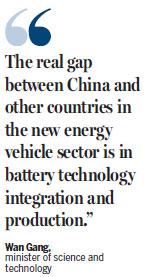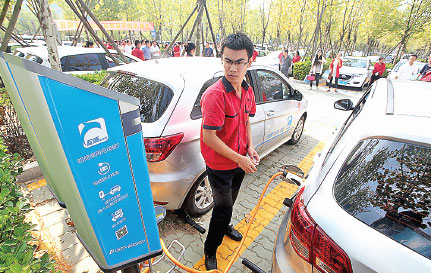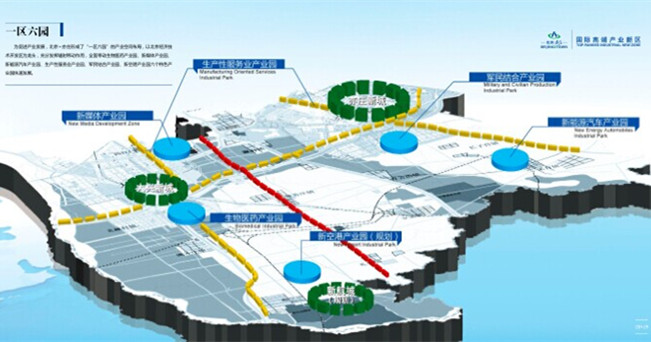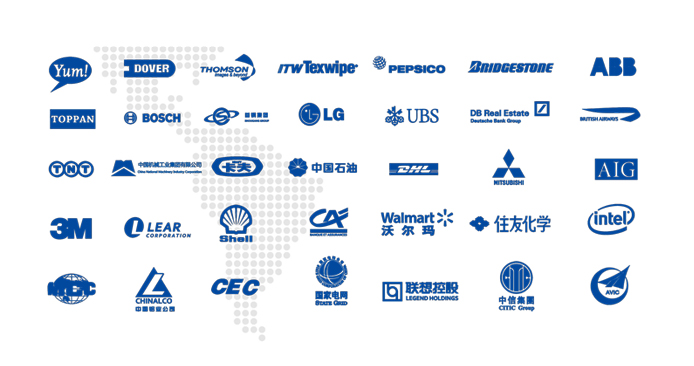Battery technology is core focus for improvements
( China Daily )
The battery, often called the "heart" of an electric car, is always the first concern and an important standard for buyers.
Currently, the average battery range of a domestic electric car is about 200 to 300 km, just enough for a week's regular use in congested cities.
As a result, battery technology has become the core focus of development in the new energy vehicle sector.
Wan Gang, minister of science and technology, said that in the coming five years, Chinese manufacturers will double the amount of energy each battery can store and halve the cost.

"The real gap between China and other countries in the new energy vehicle sector is in battery technology integration and production," Wan said.
China has invested heavily in the research and development of battery power. Compared with the level in 2011, current battery densities have been doubled and costs lowered, according to manufacturers who declined to provide details, citing business confidentiality.
Li Lei, a taxi driver in Xi'an, capital of the northwestern province of Shaanxi, where all buses and taxis are either fueled by electricity or natural gas, said both battery technology and comfort levels have improved in recent years.
"I used to drive a gas-powered car when the price of oil was high," he said. "Now, even though the oil price has fallen a lot, electric cars still cost much less than conventional ones."
Domestic automakers, including BAIC Group, Hawtai Motor Group and JAC Motors, plan to launch electric SUVs this year. Meanwhile, in July, Hanergy Group launched four cars that use a thin-film solar panel on the roof to capture solar energy and partially power the vehicle.
Moreover, a number of scientific institutions are working to develop alternative battery types, such as fuel cells and graphene, which will offer a wider range of possibilities.
|
A technician uses a charging pole to charge an electric vehicle in Qingdao, Shandong province. Liu Hailong / For China Daily |

 The Area with Six Parks
The Area with Six Parks Global Top 500
Global Top 500